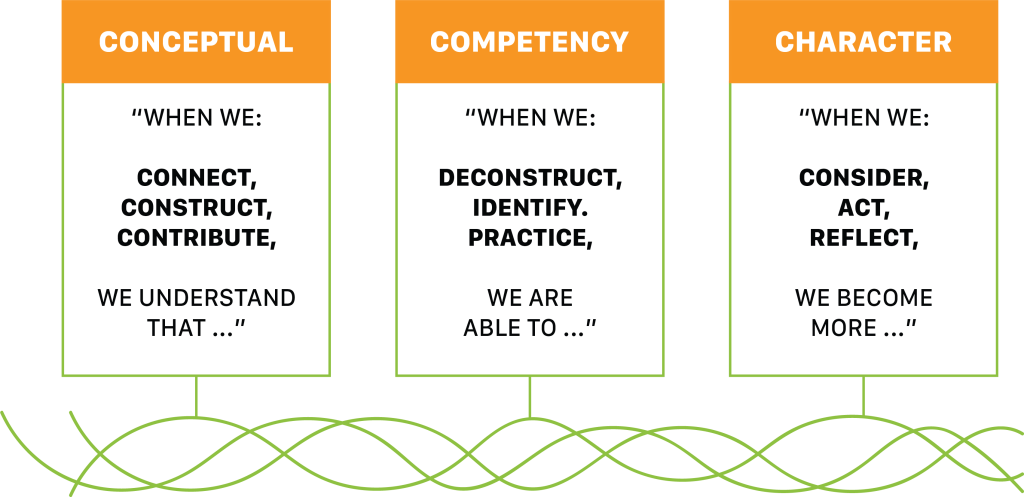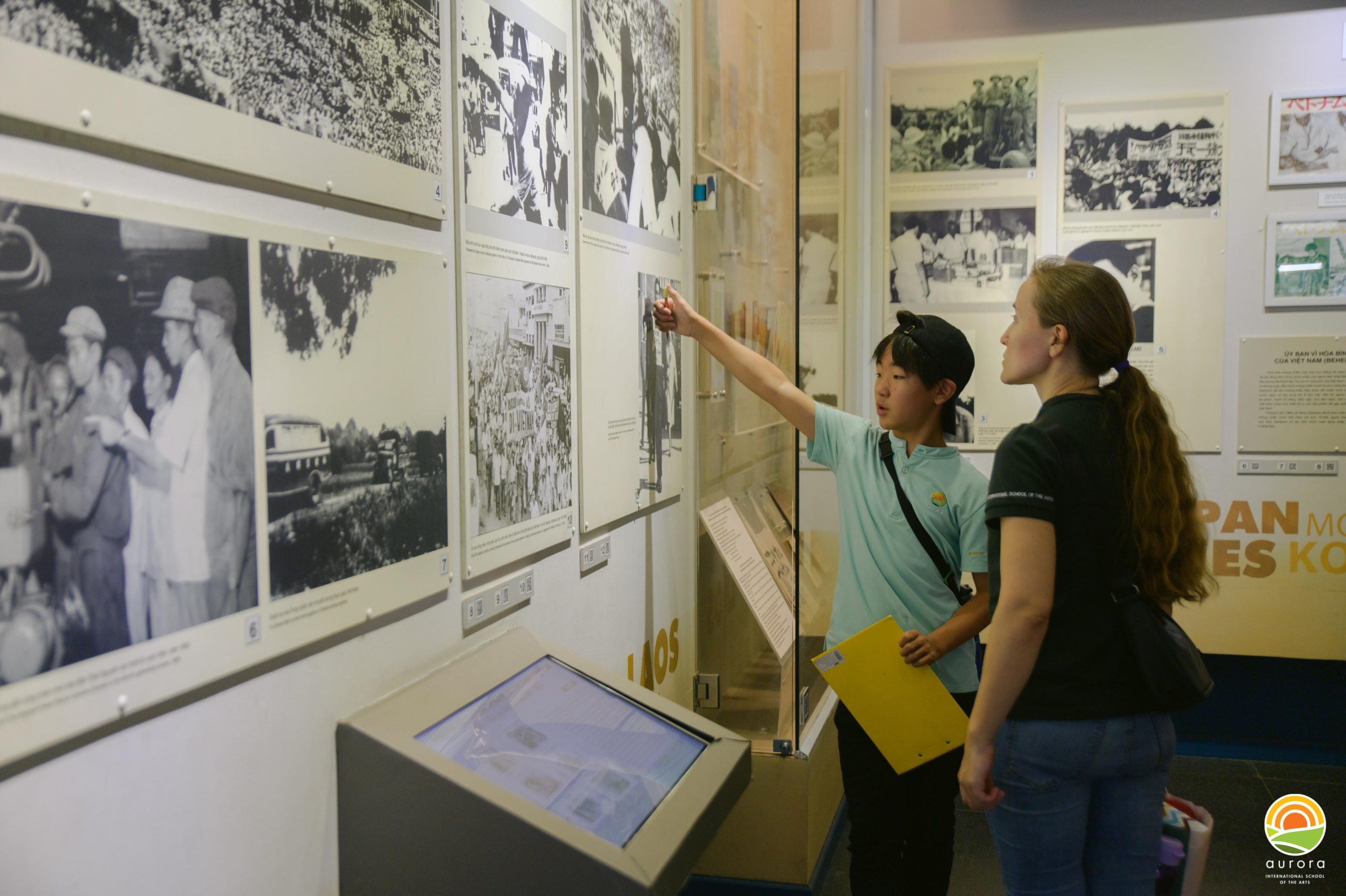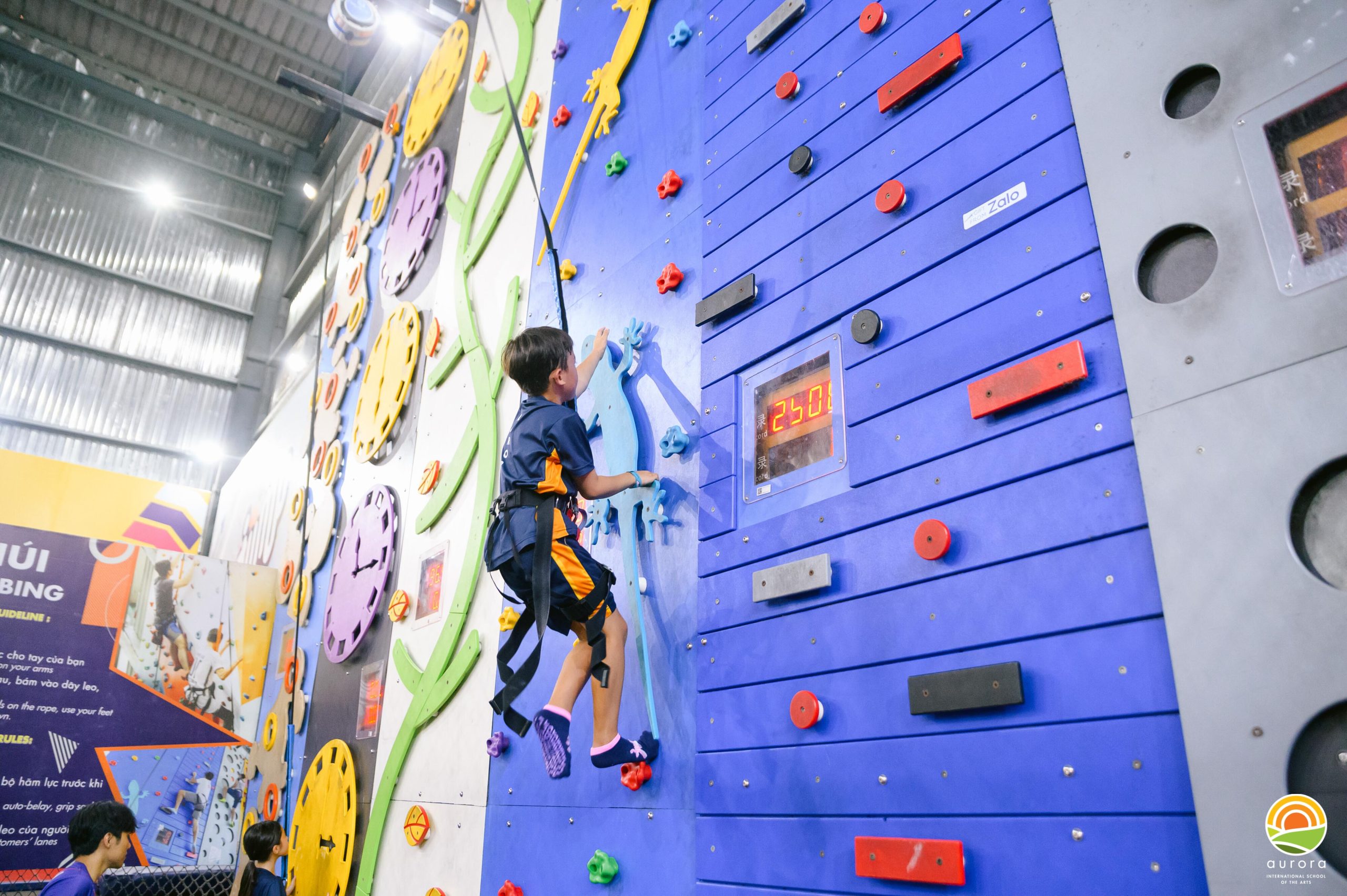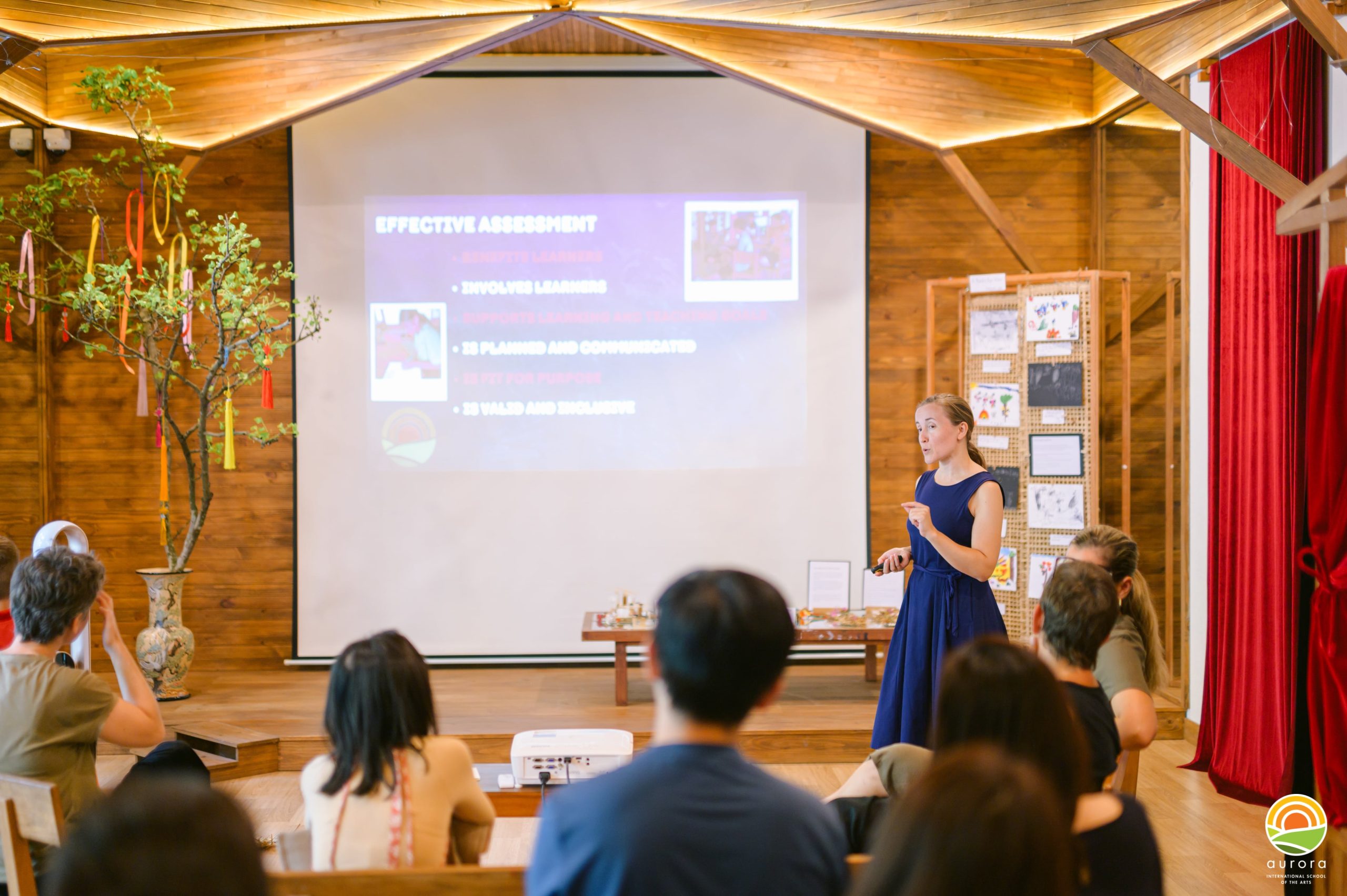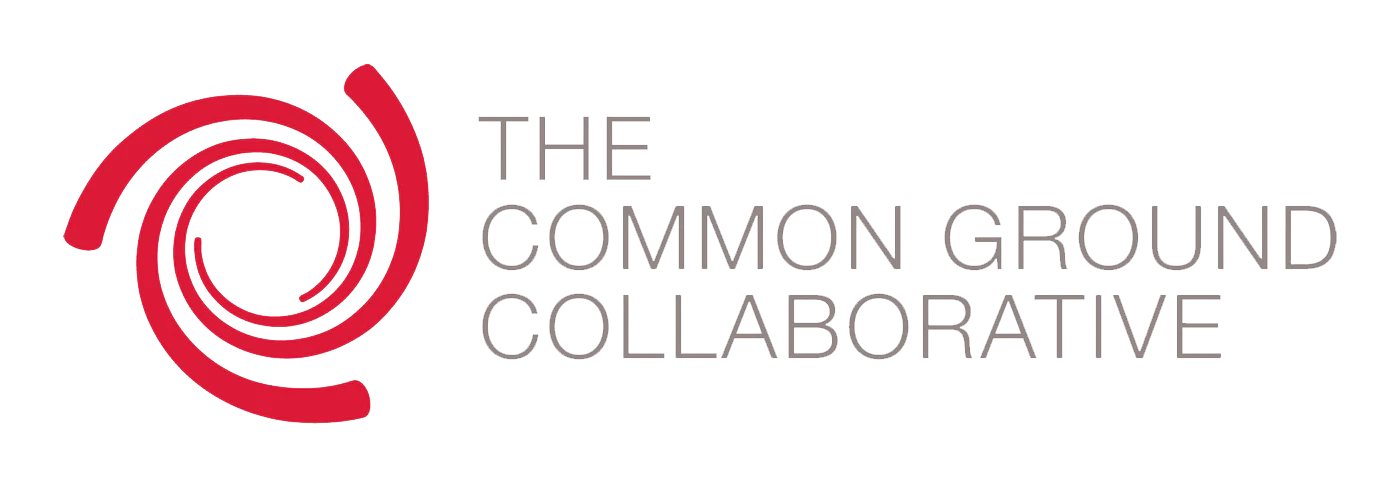Our curriculum goals for Aurora Middle School and how these relate to other curricular systems
For Senior Primary and Middle School, we follow the New Zealand curriculum goals more closely. The New Zealand National Curriculum is internationally acclaimed due to its holistic approach and focus on deep and rich learning experiences which engage the children and allow them to develop a broad skills base. This is a broad and inclusive curriculum, so we are able to align our learning outcomes for all subject areas, including our modules of inquiry guided by the Common Ground Collaborative (CGC) framework, with the New Zealand achievement objectives. These achievement objectives are organized by levels which span more than one academic year, allowing teachers to support and challenge each individual learner by meeting them where they are and offering what they need to progress and succeed. The New Zealand objectives, while notably holistic and inclusive, do broadly align with other common national curriculum goals such as those of the UK, US common core and Australian state curricula. The process, and particularly the assessment, are true to the Aurora culture, but the content and skills are transferable should learners be moving between the New Zealand and other curricula.

